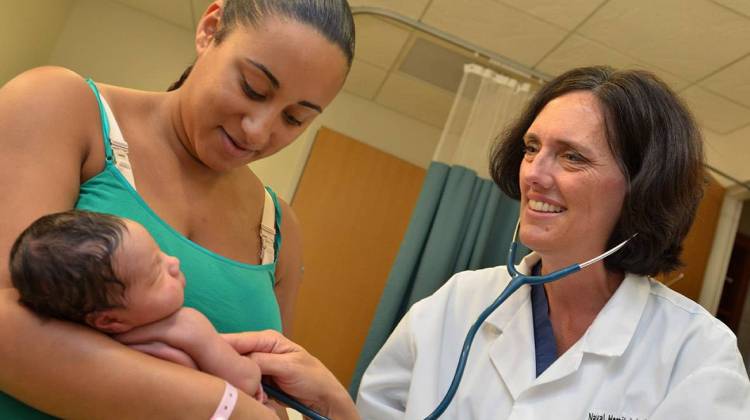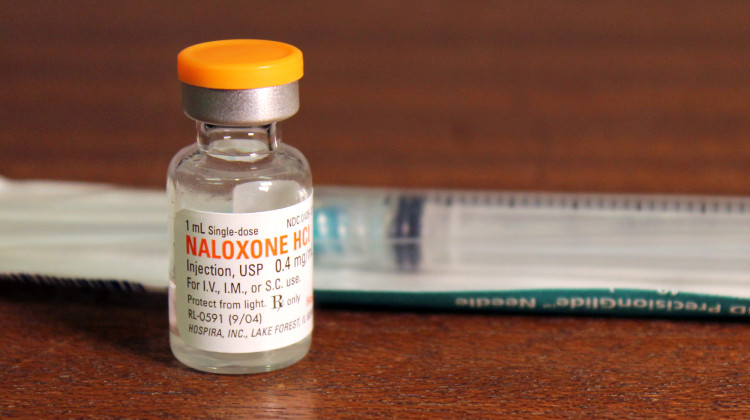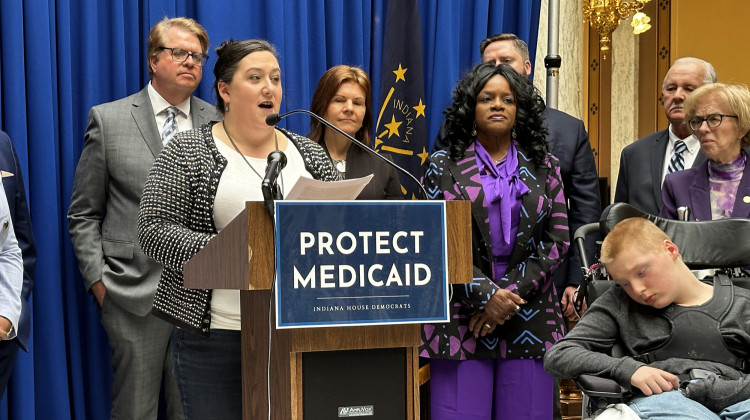After letting funding lapse for 114 days, Congress has reached an agreement for funding CHIP, the federally-run health insurance program for children and pregnant mothers.
Starting Saturday, a Congressional impasse shut the federal government down for three days. Thanks to Senate approval Monday of a stopgap spending measure, funding for federal government operations was secured through Feb. 8. The CHIP funding — good for the next six years — was attached to that continuing resolution.
But for several states, the CHIP funding came down to the wire.
A Georgetown University Health Policy Institute study listed 24 states that could have seen a CHIP funding shortfall in the near future.
Kentucky was set to lose funding at the end of February and the Kaiser Family Foundation estimated Indiana would run into funding issues this summer.
Historically, CHIP — introduced in 1997 under the Clinton Administration — has been an uncontroversial program with bipartisan support. The holdup in funding this year wasn’t because of the program’s substance, but instead, how to fund it.
The months it took to re-authorize the popular program were troubling to some.
“There are certainly issues in Washington or [Kentucky capitol] Frankfort that divide elected leaders,” said Kentucky Youth Advocates Executive Director Terry Brooks. “What’s befuzzeling and confusing is that CHIP is not one of those.”
He said the funding delay was disappointing and blames Senate bickering.
“I worry that somehow, someway, CHIP has gotten caught up in Senate politics,” said Brooks.
His group sees many children covered by CHIP — their parents make too much to qualify for Medicaid but too little to afford private insurance.
“These are very vulnerable kids, and without CHIP there is a very good possibility they’ll go without that network, that safety net of medical care,” said Brooks.
CHIP covers about 9 million children and pregnant women in the US
This story was produced by Side Effects Public Media, a reporting collaborative focused on public health.
 DONATE
DONATE









 View More Programs
View More Programs

 Support WFYI. We can't do it without you.
Support WFYI. We can't do it without you.